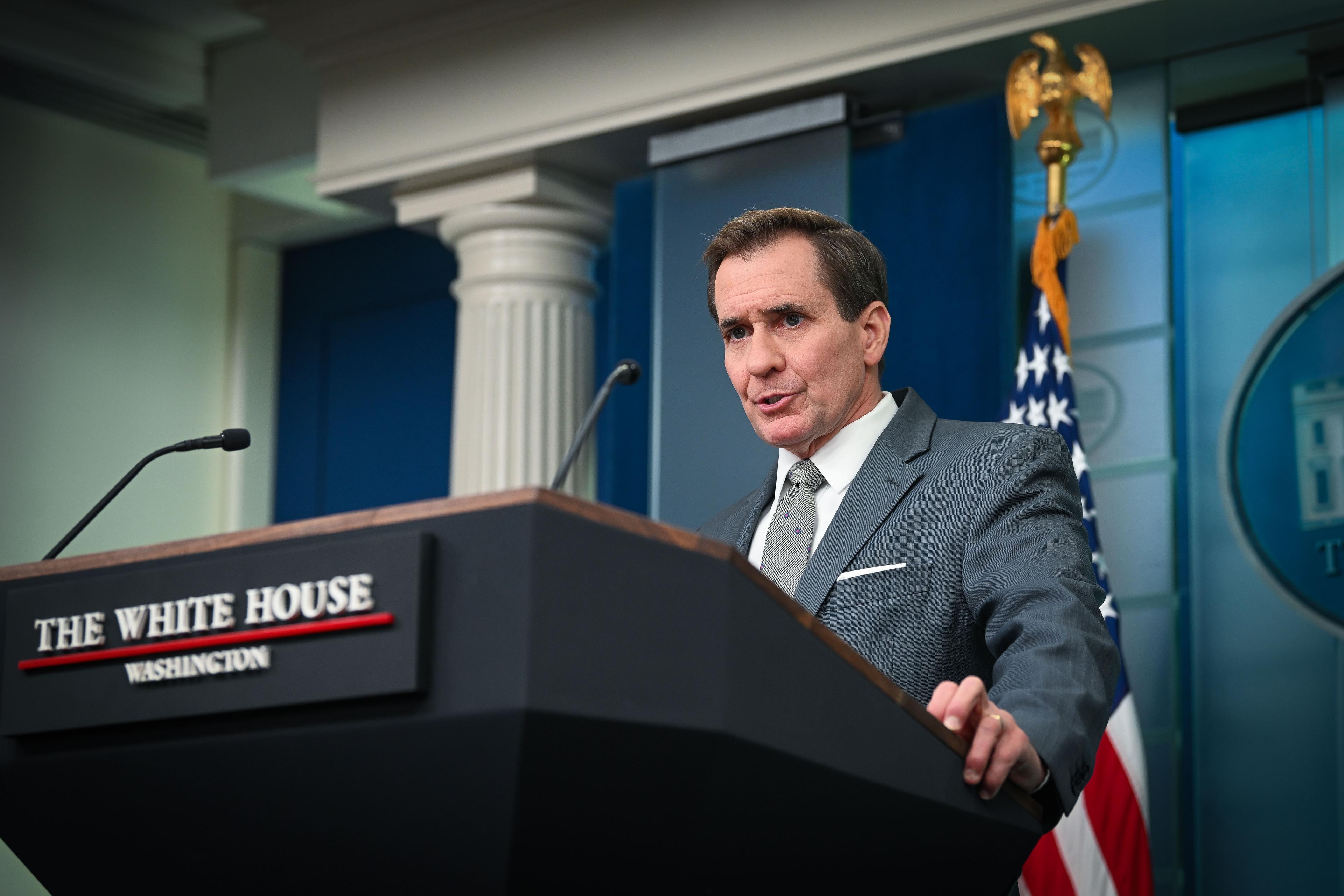Hamas keeping things difficult as always
John Kirby: "Hamas remains the main obstacle to a deal"
White House National Security Council spokesperson John Kirby stated that there are no new updates on the efforts to secure a hostage release and ceasefire deal in Gaza. He emphasized that while the Biden administration is diligently working on the issue, "We are not on the verge of signing an agreement." However, he acknowledged that "Hamas continues to be the main stumbling block," and that significant pressure is being applied to the group.

Kirby also commented on the broader regional context, noting that "Hamas should now feel isolated" following the ceasefire deal in Lebanon, and its leaders should be open to negotiating an end to the war. He reiterated that Prime Minister Benjamin Netanyahu has made it clear that Israel will not agree to a permanent end to the war, even in exchange for the release of all remaining hostages, according to Israel national news reports.
He added that it remains uncertain whether Hamas will take action, stressing that the group cannot rely on support from Hezbollah or Iran. "It's time to reach a deal," Kirby said.
On Israel's military activity in Syria, Kirby stated that the IDF's operations are focused on eliminating immediate security threats. He emphasized that the U.S. continues to support the 1974 Separation of Forces Agreement and maintains close coordination with Israeli officials. Kirby also expressed concern over Assad's chemical weapons stockpiles, warning about the potential risks associated with their use.
Kirby’s comments came as Israeli officials, including Chief of the General Staff LTG Herzi Halevi and Mossad head Ronen Bar, returned from a visit to Cairo where they discussed the ongoing hostage situation and regional security concerns. Last week, Egypt proposed a new agreement that would include a phased cessation of hostilities in Gaza, with the IDF withdrawing from the Rafah Crossing in exchange for a 60-day temporary ceasefire. Under this deal, live Israeli hostages would begin to be returned one week after the ceasefire takes effect, while hundreds of Palestinian prisoners would also be released. During the 60-day ceasefire, Israel would retain a military presence in Gaza, and the Rafah Crossing would be transferred to Palestinian Authority supervision.